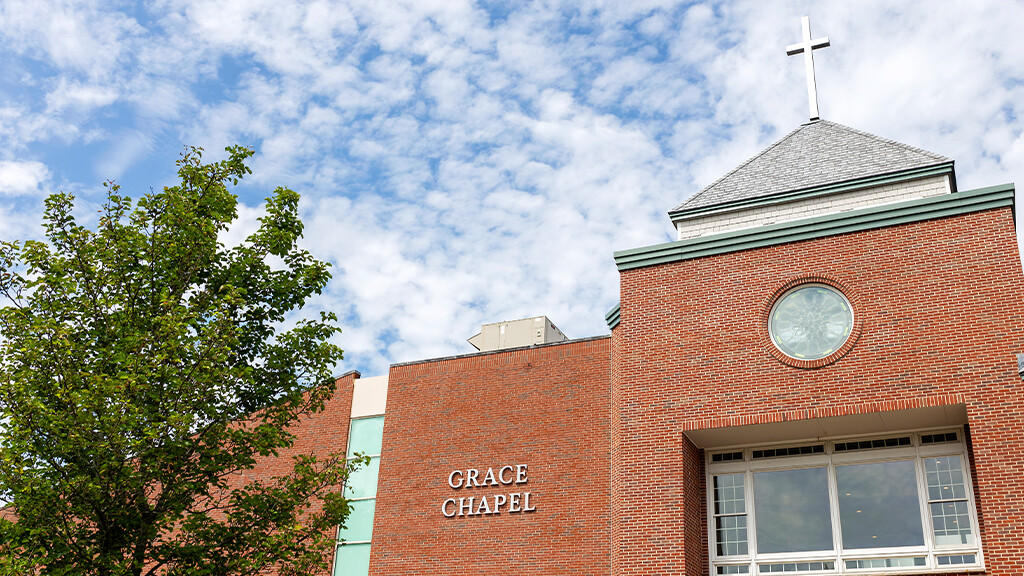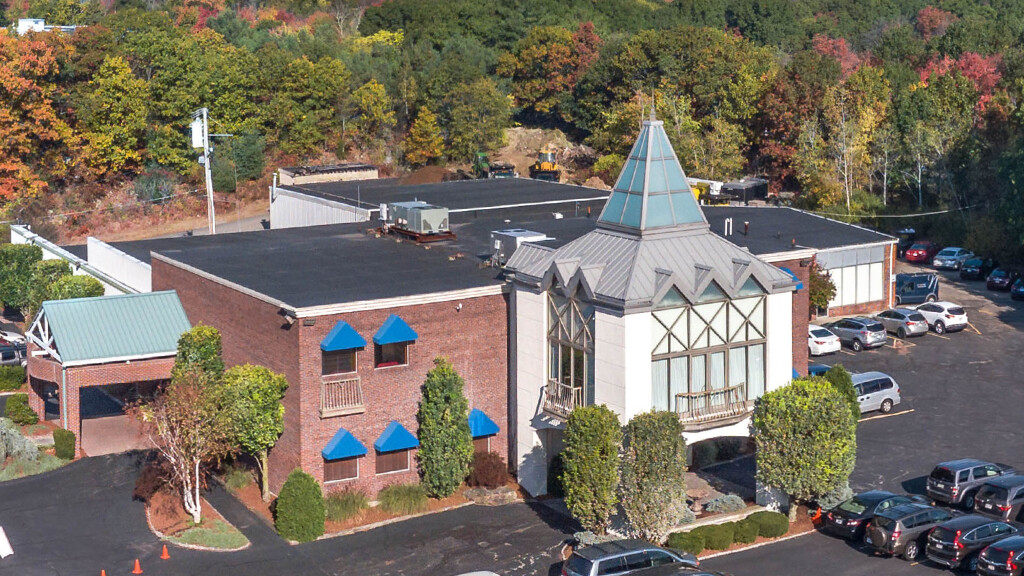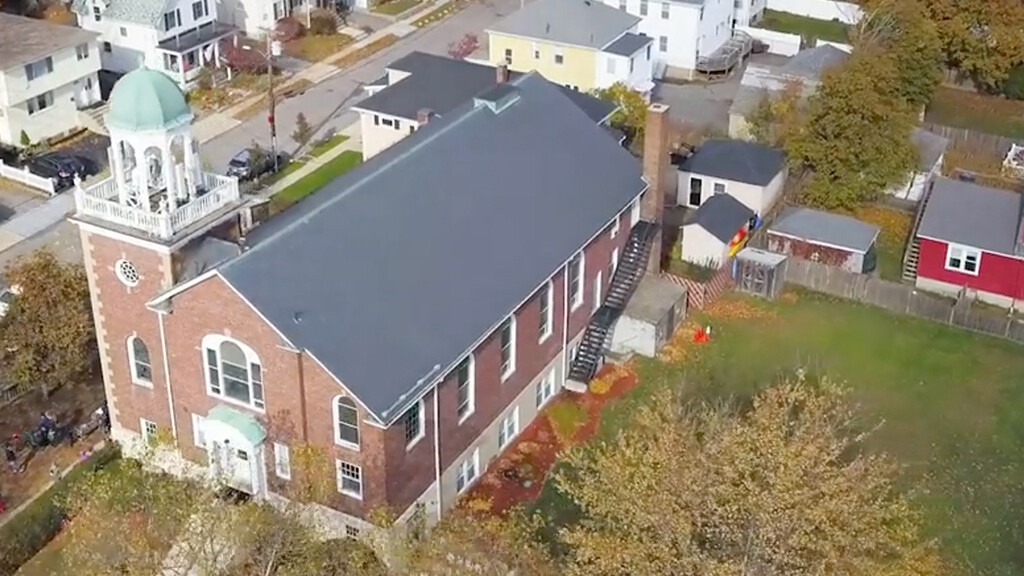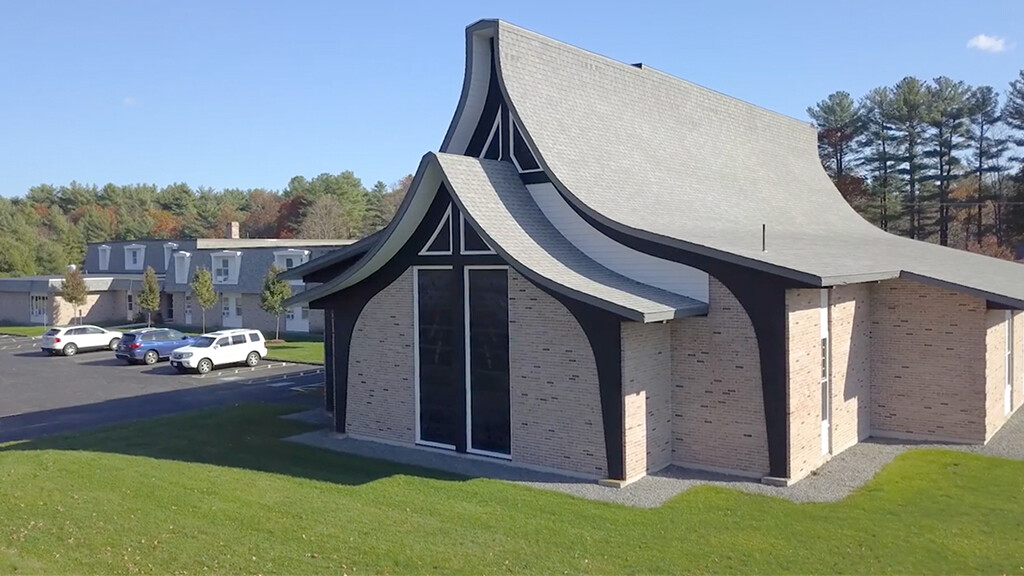
an unlikely dinner party
And as he reclined at table in [Levi’s] house, many tax collectors and sinners were reclining with Jesus and his disciples…. And the scribes of the Pharisees … said to his disciples, “Why does he eat with tax collectors and sinners?” Mark 2:15-16
From the earliest chapters in Mark, Jesus is followed by crowds everywhere he goes. But when he calls his disciples, he tends to find them where they are: in their fishing boats; or in Levi’s case, sitting in his booth collecting taxes.
Rather than inviting Levi back to the synagogue, Jesus goes to Levi’s house for something like a dinner party, where Levi’s friends, Jesus’s friends, Jesus, and Levi all recline together around a meal. The crowds are outside, giving commentary on the guest list.
In the Pharisees’ view, the unlikely thing about this dinner is who’s there; Jesus has aligned himself with the “wrong” people. And perhaps it is an unlikely gathering—but only until you’ve sat at the table. Jesus has a way of leveling our differences. Because if we’re all sinners, we all belong at the same table.
“I didn’t come to call the righteous,” he explains to his detractors that night. “I came to call sinners.”
This isn’t the last unlikely meal Jesus presides over. The most well-known comes at Passover during what we call Holy Week, the night of Jesus’ arrest.
At this culminating point in his ministry, Jesus is still eating with sinners: his disciples. And this time, the unlikely aspect comes from the tone of the meal. The Passover meal has a script, a structure to it, but Jesus isn’t following along. He begins with this uncomfortable announcement:
And as they were reclining at table and eating, Jesus said, “Truly, I say to you, one of you will betray me, one who is eating with me.” Mark 14:18
Bewildered, the disciples each ask, “Is it me?” It’s so telling that they aren’t sure. Some of these men were likely at the dinner at Levi’s, and the fact that they’re still with Jesus means they’ve learned something about themselves along the way: they aren’t righteous. But they’ve learned something else: around any table where Jesus sits, they have a place. Because at these unlikely, sometimes uncomfortable dinners, the kingdom of God is at hand.
The mood at that Passover meal never recovers. John reports that Judas gets up and leaves. Luke tells us that the disciples begin debating which of them is the greatest. Mark and Matthew both recount Jesus saying that it would be better for Jesus’ betrayer “if he had never been born.” And then Jesus upends their Passover rituals by declaring that the wine and bread are his own blood and body.
Eventually they sing a hymn and go out: tired, confused, perhaps even relieved that the meal is over. But there’s one final meal in the gospel of Mark, one last time we see this group of companions around a table—where they receive an unlikely guest.
Afterward [Jesus] appeared to the eleven themselves as they were reclining at table, and he rebuked them … because they had not believed those who saw him after he had risen. And he said to them, “Go into all the world and proclaim the gospel to the whole creation.” Mark 16:14-15
In perhaps the most unlikely entrance of all, Jesus appears in the room and rebukes his friends for their unbelief. But he doesn’t chase anyone away. Instead, he sends them out, to share their tables and their lives with a world of people who are just like—and unlike—them.
Today's Prayer: Lord, you create the most unlikely gatherings. Show me when I’m standing outside, looking in the window and complaining about who’s at your table. Remind me when I’ve fallen short that you still offer me a seat in your presence—and that I can rise from it to share your good news with others.
Focus on prayer: Each meditation gives you a starting point for a prayer. Begin with the prompt above, and let your words to God continue and become your own.
Meditation by Meghan Blosser





